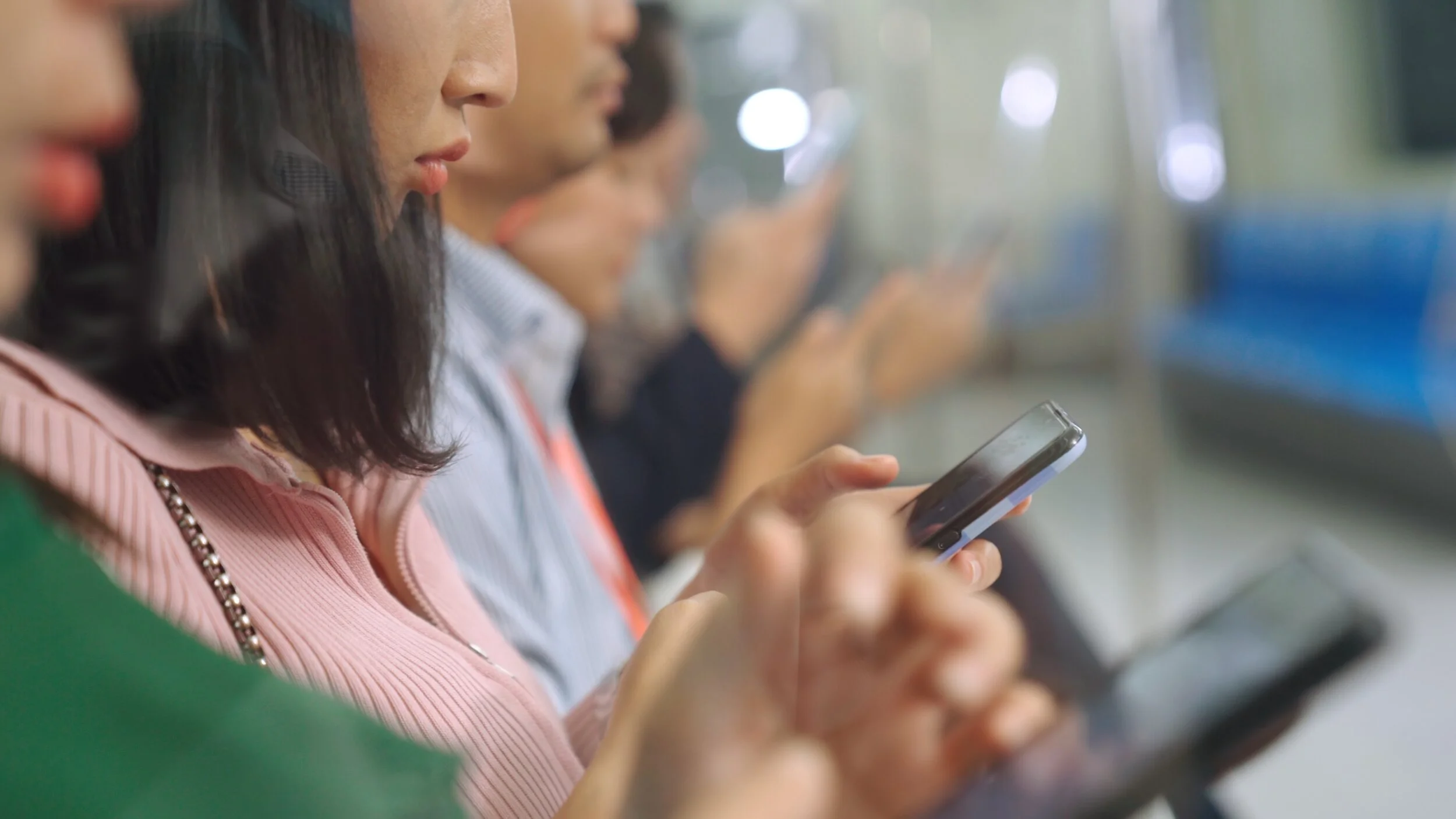There’s an interesting and slightly alarming sociological trend, which has slowly and not very quietly begun to emerge in the past 10 years: we think we know everything. We argue, and sometimes rail, against scientists, doctors, professors, political officials (no, I’m not going down THAT particular rabbit hole!), clergy, journalists etc. People who have toiled, often for decades to become experts in their chosen fields, and who have years of study, research, institutional knowledge, historical knowledge and involvement in their area of expertise. However, if they aren’t saying something that comports with each of our own world views, they are suddenly stupid, whackjobs, and idiots. SO, why do we think we know more than they do?
As we talked about last week, there are reasons for everything.
There is a concept in psychological circles called “mirroring.” We gravitate towards people with like minds, opinions, thoughts, and actions in order to validate our own, factual or otherwise. We lean towards them because we need a secure order to feel safe. Deprived of that, people legitimately feel cynicism, distrust and alienation, which doesn’t feel good at all.
Of course, we have the Internet and social media affording us the ability to find “our people” from all across the world within seconds, lending to the immediate gratification of feeling safe in our beliefs - right or wrong, good or bad, truth or untruth. It also provides a layer of security; We don’t have to actually look at or interact personally with those who don’t agree with us. We have the protection of our screens and the anonymity that comes with online interactions. We have the ability to post, tweet, comment, and share from the security of our offices and homes without having to subject ourselves to the “real time” reactions, frustrations, hurt, pain, disbelief, or even horror to the HUMAN BEINGS we’re interacting with. We can “just share.” Social media has become so rife with judgement, condemnation, and vitriol that the lines between opinions vs. fact have not only blurred, but are almost indistinguishable. We are certainly entitled to our own opinions, but we are absolutely not entitled to our own facts.
There are many factors that have contributed to the cultivation of this mentality. For instance, we have “helicopter parents,” who, with the very best intentions, advocate for their children in the immediate situation - getting into college for example - despite the long term effects on the kids who see that their parents can fix anything: affecting a grade, a participation medal, or even college admission. In doing so, they model the behavior that “If we don’t like the results, we can shift the reality.” Never mind the reality that, sometimes, people who are getting in the way of what the desired outcome might be (a better grade, getting into their first choice university or winning a match) might actually know what they are talking about based on their own expertise and knowledge. The parents seem to know better.
These categorical denials of experts in authority, experience, wisdom and respect in lieu of opinions, the ensuing tribalism of “us vs. them,” and the need to connect only with people who share our viewpoints worries me, a lot.
I think (yes, my opinion) that we need a new moral and social contract with each other, remembering human beings have feelings and are not just a ”hit send” button - that decency, compassion, and empathy need a reset, that we ought to remember to take care of each other and try not to tear each other down, that we remember to help each other instead of adopting the attitude of “it’s not my problem” and “if it doesn’t affect me, it doesn’t matter.”
Martin Luther King asked “What are you doing for others?” To honor, respect, and revere the expertise of professionals and experts instead of looking for their flaws and finding ways to disagree just to support our own opinions is, to me, the highest form of deference and appreciation. When the planes crashed into the Twin Towers in 2001, I’m pretty sure the last phone calls the victims made were not words of hate, disagreement, or division, but instead, were messages of love, connection, forgiveness, and understanding.
“As we express our gratitude, we must never forget that the highest appreciation is not to utter the words, but to live by them.” John F Kennedy
Until next time……...

